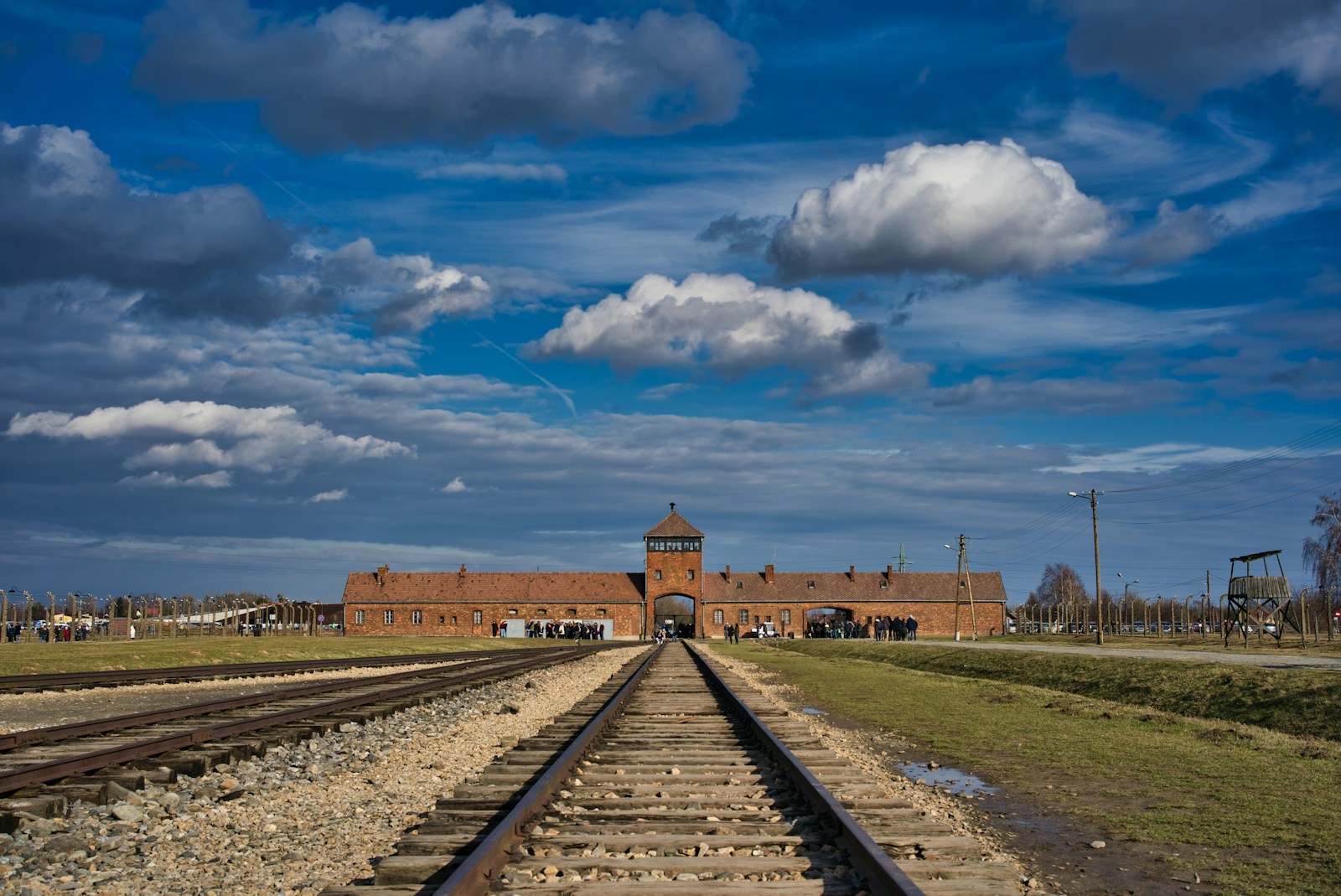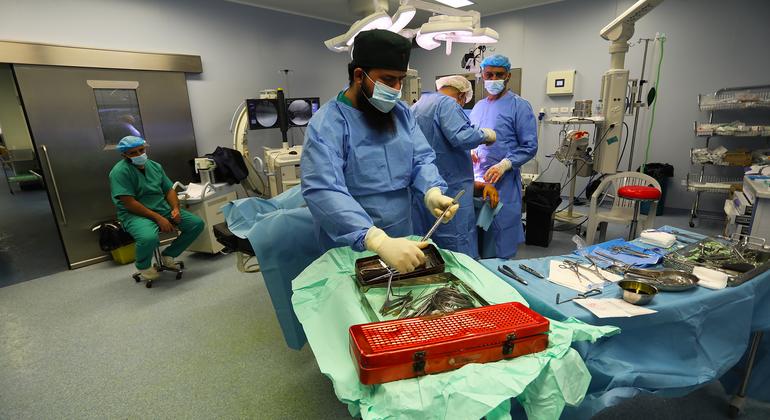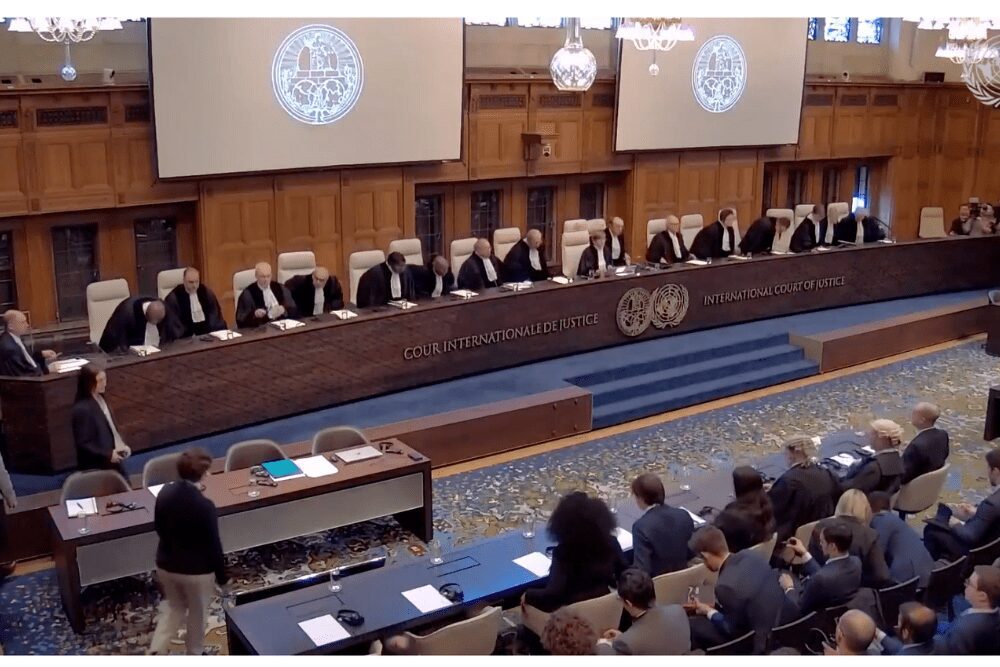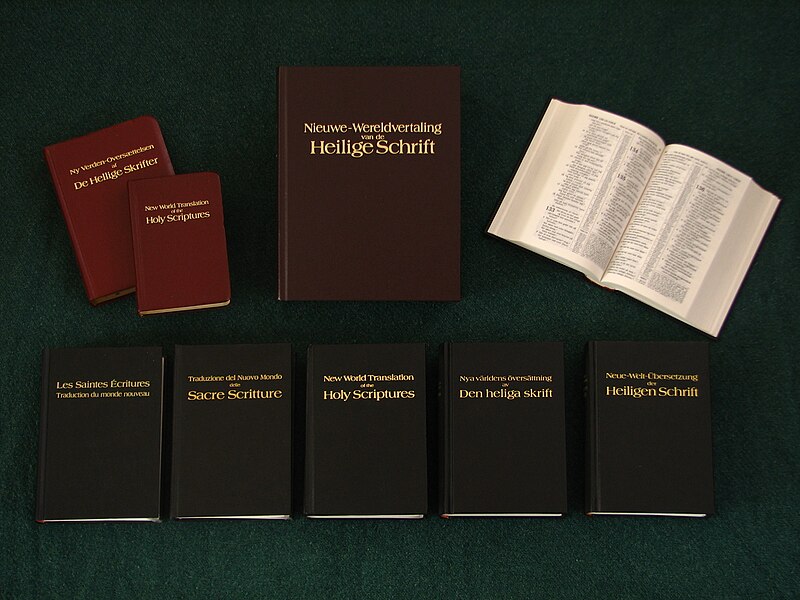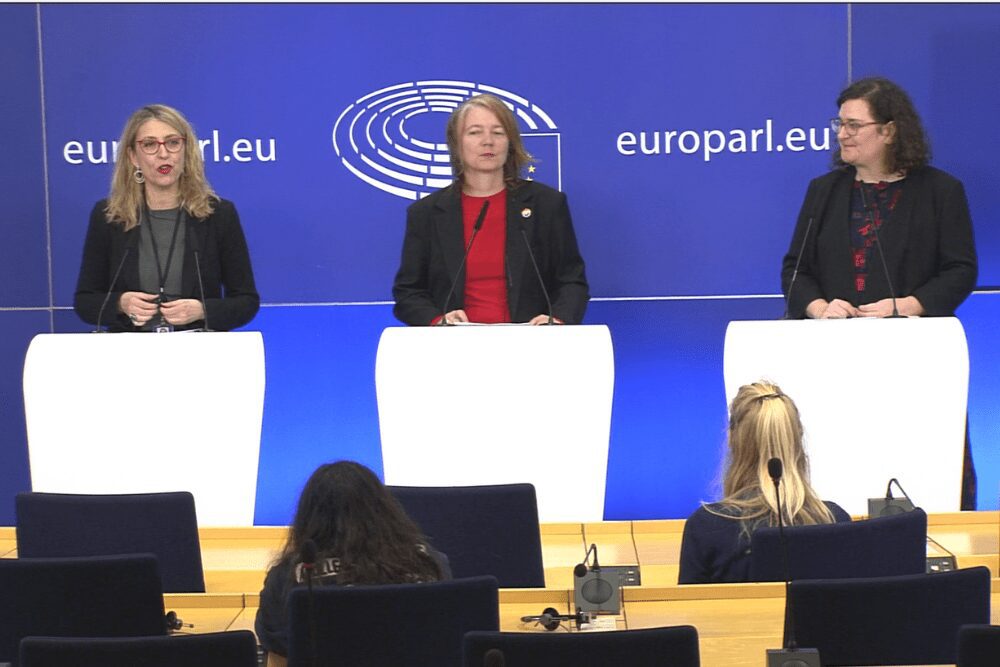Are firefighters at risk of increased exposure to cancer-causing chemicals in their protective clothing?
Last year, a study by the National Institute of Standards and Technology (NIST) showed that the textiles used in protective clothing worn by firefighters often contain per- and polyfluoroalkyl substances, or PFAS, a class of chemicals that has been linked to an increased risk of cancer and other health effects.

A firefighter’s protective clothing includes three layers made of different types of textiles. A pair of studies by NIST has found that these textiles often contain potentially cancer-causing chemicals called PFAS and that they can release more of those chemicals when subject to simulated wear and tear. Credit: B. Hayes/NIST
Now, a follow-up study from NIST shows that the textiles used in that protective clothing, called turnout gear, tend to release more PFAS when they are subject to wear and tear. Taken together, the two studies identified the PFAS compounds present in selected turnout gear textiles, how much of each was present, and whether simulated wear and tear increased the amount of PFAS that the textiles released.
“The firefighter community has raised concerns about PFAS in turnout gear, but before these studies, there was very little data that address those concerns,” said NIST chemist and study co-author Rick Davis. “Based on these studies we can confidently say that more than 20 types of PFAS might be present in firefighter gear and that the amount and type of PFAS vary depending on the type of textile used and the amount of stress it has been subjected to.”
The NIST studies do not assess the health risks that firefighters might face due to the presence of PFAS in turnout gear. However, they provide previously unavailable data that toxicologists, epidemiologists and other health experts can use to assess those risks.
NIST conducted these studies at the behest of Congress, which called on NIST to study PFAS in firefighter gear in the 2021 National Defense Authorization Act.
PFAS are used in many products because they can make things resistant to oil, water and stains. They are often present in clothing, furniture, food packaging and nonstick cookware, among other things. They play a particularly important role in turnout gear by helping firefighters to do their job without getting totally drenched.
Because PFAS don’t break down in the environment, they are often referred to as “forever chemicals.” The Centers for Disease Control and Prevention has found that most Americans have detectable amounts of PFAS in their blood. Other studies have indicated that the blood of firefighters may have higher than average levels
of at least one type of PFAS. Research also suggests that firefighters may have a higher risk for certain types of cancer than the general population does, though that is not necessarily due to PFAS specifically.
Turnout gear includes pants, coats, gloves, boots and helmets. This study focused on the textiles used in pants and jackets, which typically contain three layers of material: a thermal layer nearest the body, a moisture barrier and an outer shell. In the earlier study, the researchers purchased 21 textiles that are typically used in each of these layers. They then tested those textiles for 53 different PFAS compounds and measured how much of each was present.
In the more recent study, the researchers stressed those same textiles using four techniques: abrasion, heat, laundering and weathering. The weathering was simulated by exposing the textiles to ultraviolet (UV) radiation and high humidity.
The researchers then measured the PFAS present after the textiles were stressed. The results showed that abrasion can cause measured PFAS concentrations to increase across all textiles tested. In addition, weathering and heat caused measured PFAS concentrations to increase in the outer shell materials. Finally, laundering had little effect, and in some cases reduced PFAS concentrations, presumably because PFAS were washed away into the wastewater.
Overall, both before and after stressing, measured PFAS concentrations were highest in outer shell fabrics that had been treated with a water-repellent coating. PFAS concentrations were lowest in the thermal layer, which is the layer nearest the firefighter’s body.
The researchers measured PFAS concentrations by first extracting PFAS from the textiles using a solvent. Based on this method, it is unclear what caused PFAS concentrations to change during stressing. Those changes might have been caused by chemical transformations, but it is also possible that stressing loosened the PFAS from the textile fibers, allowing more of it to be extracted.
Now that the researchers have measured PFAS in the textiles that have been stressed under highly controlled laboratory conditions, they are considering studying real gear that has been used for years. That may paint a more realistic picture, though a potentially more complicated one, as used gear might become contaminated with toxic compounds picked up at fire scenes.
Firefighter gear has to meet certain standards, including minimum requirements for water repellency. This research might point to new ways to meet those standards while reducing the risks of PFAS exposure. For instance, the amount and types of PFAS in the textiles varied from one manufacturer to the next, suggesting that some combinations might result in a lower risk of exposure than others. Or manufacturers might find alternative ways to meet the standards without relying on potentially toxic chemicals.
“Using PFAS in turnout gear may or may not be an acceptable risk, given all the other hazards that firefighters already face,” said NIST chemist and co-author John Kucklick. “This data will help people weigh those costs and benefits.”
Source: NIST







